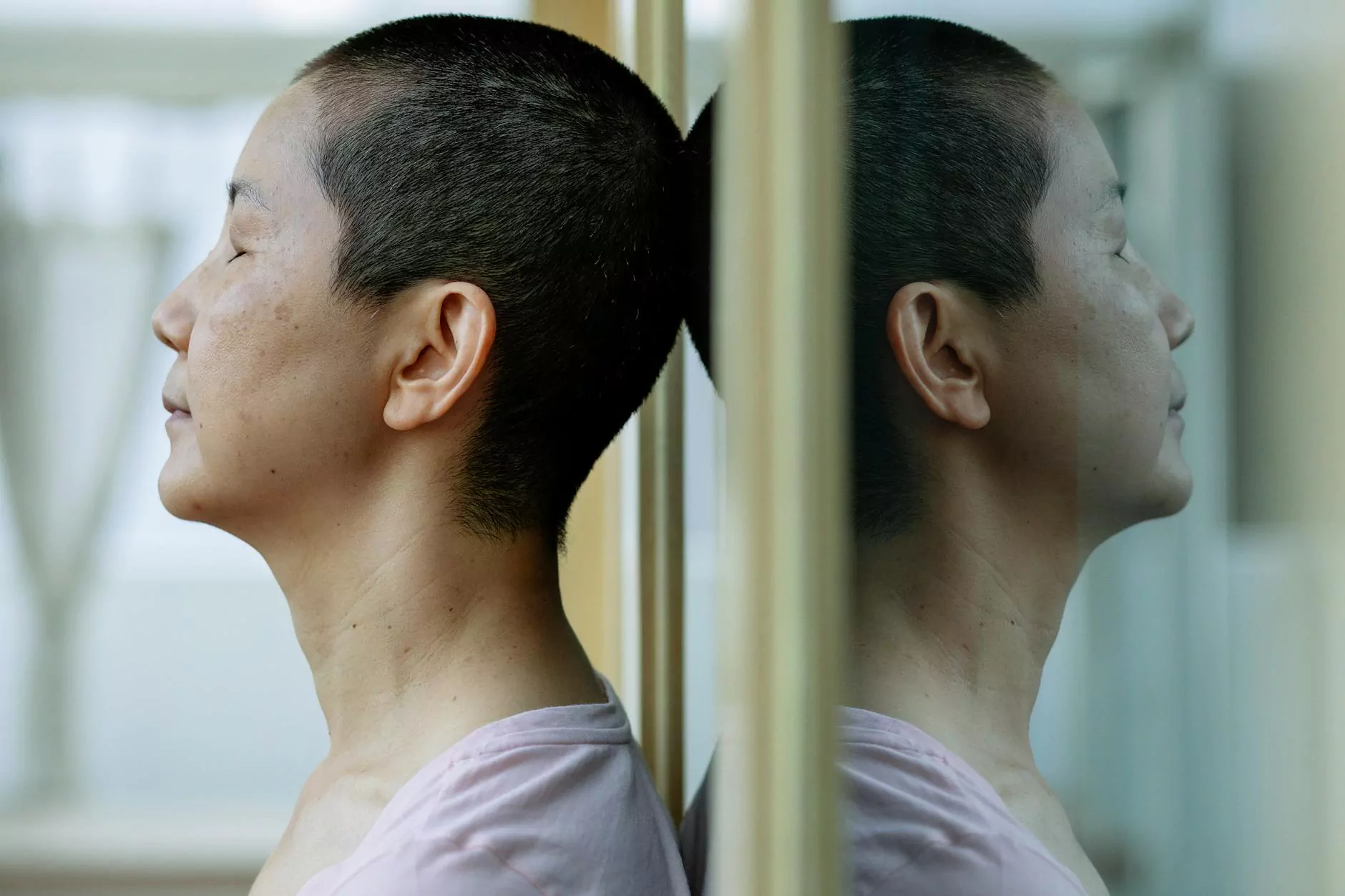Side Effects of Testosterone Replacement Therapy (TRT)
Health
Welcome to CHI St. Luke’s Health - Performance Medicine, where we provide comprehensive information about the side effects of testosterone replacement therapy (TRT). Our aim is to help you understand the potential risks and benefits associated with TRT, enabling you to make a well-informed decision about your hormone replacement treatment.
Understanding Testosterone Replacement Therapy
Testosterone Replacement Therapy (TRT) is a medical treatment that involves artificially increasing levels of testosterone in individuals with low testosterone levels. It is commonly prescribed to alleviate symptoms associated with low testosterone, also known as hypogonadism. While TRT can offer numerous benefits, it's essential to be aware of the potential side effects that may arise.
The Benefits of Testosterone Replacement Therapy
TRT can provide numerous benefits, including:
- Increased energy levels
- Improved mood and sense of well-being
- Enhanced muscle strength and mass
- Increased bone density
- Improved sexual function and libido
- Reduced symptoms of depression and anxiety
Potential Side Effects of Testosterone Replacement Therapy (TRT)
While TRT can be highly beneficial for many individuals, it's crucial to be aware of the potential side effects that may occur. These side effects can vary from person to person and may include:
1. Acne and Oily Skin
Increased levels of testosterone can lead to an overproduction of oil by the sebaceous glands, resulting in acne breakouts and oily skin. It is essential to maintain proper skincare routines while undergoing TRT to minimize these effects.
2. Fluid Retention and Edema
In some cases, TRT can cause fluid retention, leading to swelling and edema. This side effect is more common in individuals who already have existing cardiovascular conditions. It is important to monitor fluid retention closely while undergoing TRT and consult with a healthcare professional if any concerns arise.
3. Increased Risk of Blood Clots
Studies have suggested a potential link between TRT and an increased risk of blood clots. It is important to discuss your medical history and any potential risk factors with your healthcare provider before starting TRT.
4. Sleep Apnea
TRT has been associated with an increased risk of sleep apnea, a condition characterized by interrupted breathing during sleep. Individuals with existing sleep apnea or those at risk should be closely monitored while undergoing TRT.
5. Testicular Shrinkage
TRT can lead to testicular shrinkage as the body's natural production of testosterone decreases. However, it's essential to note that this side effect is usually temporary and reversible once TRT is discontinued.
6. Infertility
TRT can suppress sperm production, leading to temporary infertility in some individuals. If fertility is a concern, it's important to discuss alternative options with your healthcare provider.
7. Prostate Enlargement and Increased Risk of Prostate Cancer
While the relationship between TRT, prostate enlargement, and prostate cancer is still being researched, it's essential to discuss the potential risks and benefits with your healthcare provider, especially if you have a history of prostate-related conditions.
8. Mood Changes and Behavioral Effects
TRT can impact mood and behavior in some individuals, leading to increased irritability, aggression, or mood swings. It's crucial to communicate any mood changes to your healthcare provider to ensure appropriate adjustments to your treatment plan.
9. Cardiovascular Risks
TRT may pose cardiovascular risks for individuals who have existing heart conditions. It's vital to discuss your medical history thoroughly with your healthcare provider and monitor cardiovascular health throughout the TRT process.
Conclusion
At CHI St. Luke’s Health - Performance Medicine, we prioritize providing comprehensive information about the potential side effects of testosterone replacement therapy (TRT). Our goal is to ensure that you have the knowledge necessary to make informed decisions about your hormone replacement treatment. Remember, it's crucial to work closely with a healthcare professional to monitor any potential side effects and assess the ongoing benefits of TRT.




